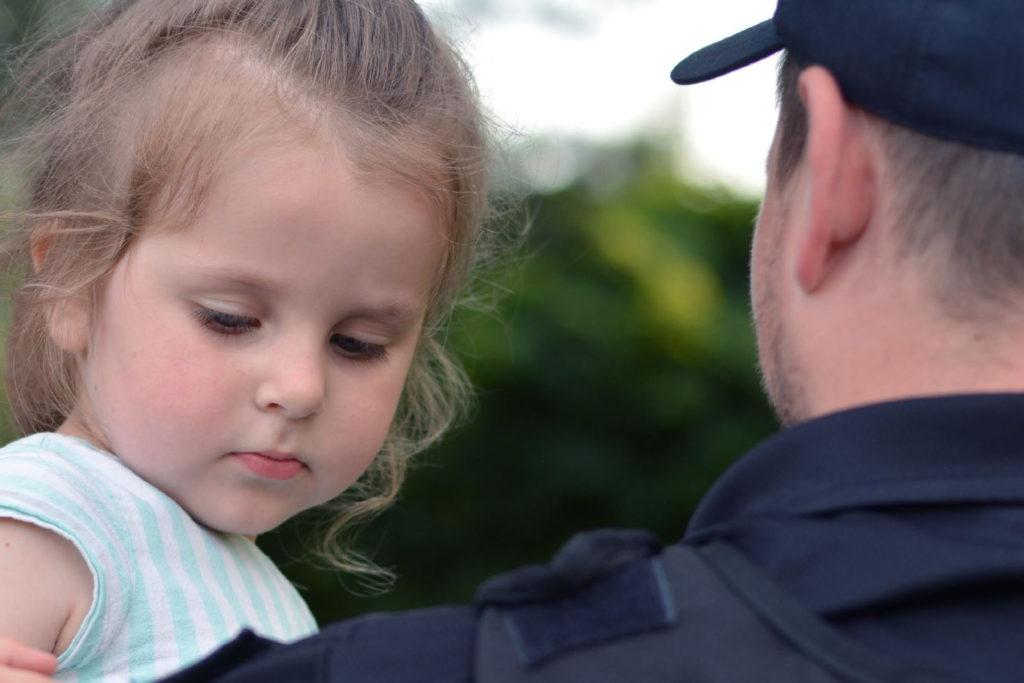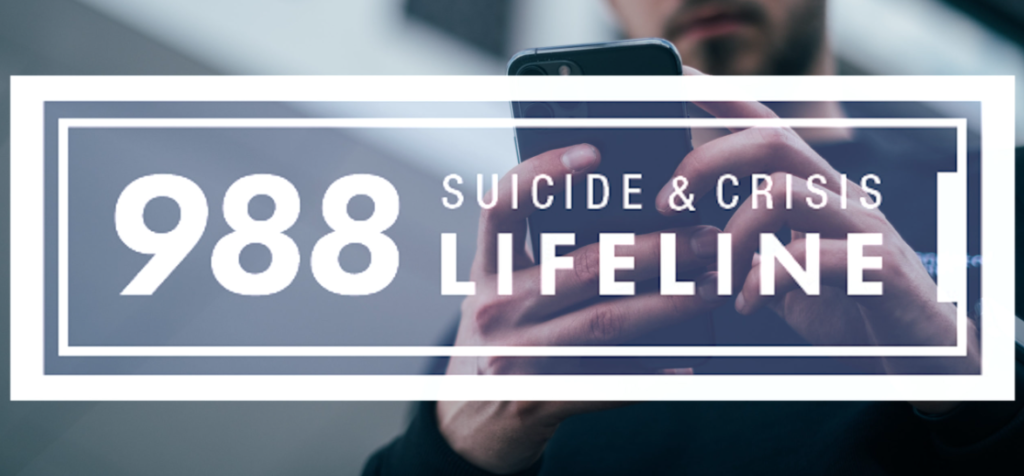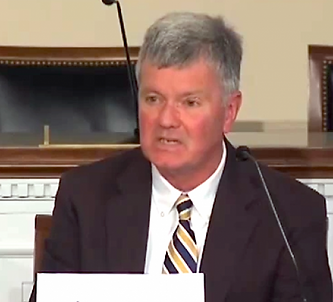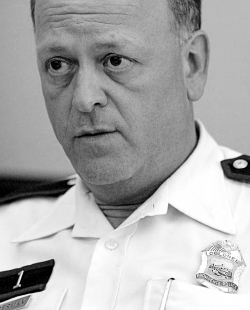Welcome to the OnPolicing Series
OnPolicing captures the thoughts of some of the country’s most important voices on contemporary policing. It is intended to stimulate debate about the state of policing and the myriad of challenges involved in controlling crime, disorder, and terrorism in a democracy like ours. The opinions are the authors’ own and may not represent the official position of the National Policing Institute.
A Review of Patrol Techniques to Reduce Serious Injury and Fatality Crashes
In 2018 and 2019, the Iowa State Patrol (ISP) implemented the Fatality Reduction Enforcement Program (FREE) in collaboration with research partners from George Mason University (GMU). GMU’s evaluation suggests that FREE reduced crashes involving impaired driving in the program area by 18% in year one and may have contributed to more significant reductions in speed-related…
The Need for Relationship-Based Policing
Over the last several years, law enforcement has acknowledged the need to improve trust and build relationships within their communities. Police departments have relied on community- oriented policing (COP) to address this need; however, police can do more to strengthen these efforts. Research has shown that while community policing is beneficial for improving public satisfaction,…
Rapport Building in Interviews and Interrogations: Translating Research to Practice
Communication is a key mediator of relationships and can increase or diminish trust in relational settings (e.g., Thomas et al., 2009). Recently, interactions between the police and those policed have been at the forefront of national conversations, especially interactions involving underserved populations. How police communicate with the public has received increased attention by academics and…
Time to Get Serious About Police Education
There hasn’t been a serious national discussion about police education across the USA for over 40 years, since the National Advisory Commission on Higher Education for Police Officers (HEPO) reported in the 1970s. Today, while there is lots of talk about making policing more scientific and more evidence-based, the focus seems to be on the…
988 Lifeline is a Key Resource for Law Enforcement
In 1983, Dr. Arlie Russell Hochschild coined the term emotional labor after she examined two occupations, flight attendants and bill collectors, whose job descriptions centered largely on engaging with the public (1). At the end of her study, Dr. Hochschild concluded that these occupations require an individual to manage their feelings and emotions that occur…
How Do We Protect the Protectors?
It goes without saying – law enforcement is an extremely dangerous profession. The statement is so ubiquitous that if you were to approach any law enforcement officer and told them of the dangers of the profession, you would be met with a blank expression that could only be read as: “Well, yeah, that’s just part…
No-Knock Warrants, A Relic of the ‘War on Drugs,’ Face Renewed Criticism after Minneapolis Death
Article reprinted in its entirety from The Conversation with permission. Protests in Minneapolis over the death of a 22-year-old man during a police raid have reignited debate over the role of so-called “no-knock warrants.” Minneapolis Mayor Jacob Frey imposed a moratorium on the practice, in which police obtain permission to enter a premises unannounced, and…
Building a Diverse Workforce in Law Enforcement
A worker shortage is sweeping the nation, and law enforcement is no exception. Across the country, law enforcement agencies struggle to recruit, hire, and retain police officers for reasons that span social, economic, and political factors.1 Compounding the problem, in some departments, officers are retiring at a faster rate than they are being replaced. The…
Counter-Terrorism After 9/11—An interview with Dr. Frank Straub, Director of the Center for Mass Violence Response Studies at the National Policing Institute
Reprinted with permission from the International Centre for Counter-Terrorism (ICCT) – The Hague. Twenty years ago, Frank Straub was a first responder on the scene of the attacks in lower Manhattan. Looking back, we go through his experience of the day and his perspective on how counter-terrorism in policing changed after the attacks. Interviewing him…
Co-Responder Models in Policing: Better Serving Communities
Over the last 30 years, a growing number of agencies have increasingly adopted police-mental health collaboration (PMHC) programs, also known as co-responder models, to provide an enhanced response to victims of crime or people in the throes of an emotional or behavioral health crisis[1]. Utilizing this model, law enforcement and mental health clinicians respond to…










